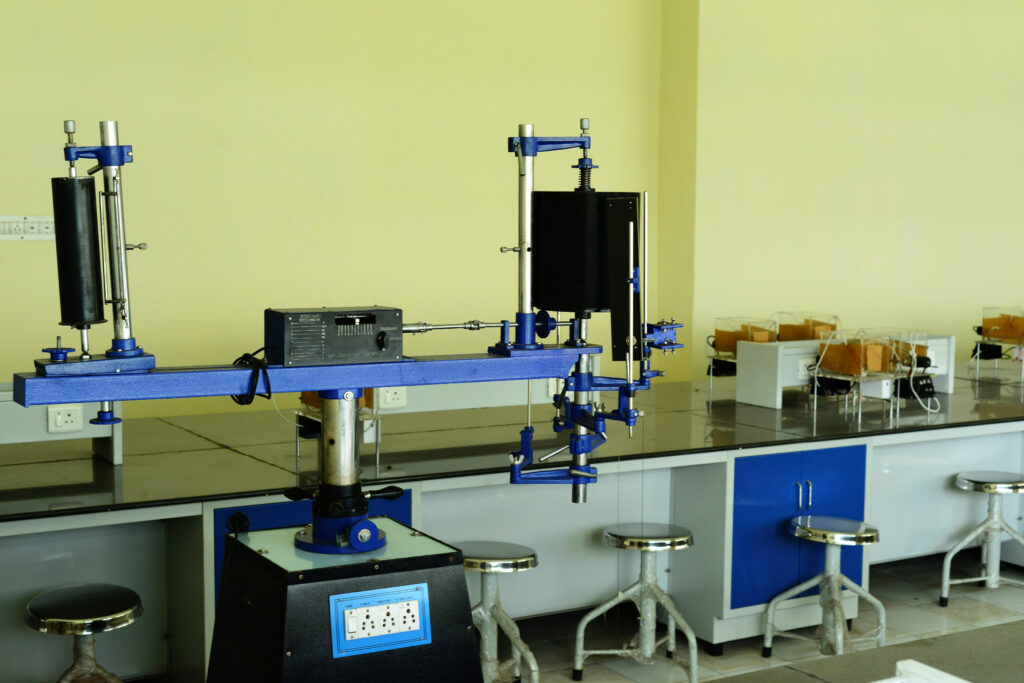Achieving Optimal Physiological Health: A Comprehensive Guide
Introduction
Welcome to our comprehensive guide on achieving optimal physiological health. At [Your Company Name], we believe that understanding and nurturing your body’s physiological well-being is essential for leading a fulfilling life. In this article, we will explore the key aspects of physiology, how it impacts your overall health, and practical steps you can take to enhance your well-being.
Understanding Physiology
Physiology is the scientific study of how living organisms function and thrive. It encompasses a wide range of processes, including the functioning of organs, cells, tissues, and systems within the body. By comprehending these intricate mechanisms, we can make informed decisions to improve our health and well-being.
The Interconnected Systems of the Human Body
The human body is a marvel of interconnected systems, each playing a crucial role in maintaining equilibrium. From the cardiovascular system pumping blood to the respiratory system facilitating oxygen exchange, each system works harmoniously to keep us alive and thriving.
The Impact of Lifestyle on Physiology
Lifestyle choices play a pivotal role in determining the state of our physiological health. Factors such as diet, exercise, stress management, and sleep patterns significantly influence how our bodies function.
Nourishing Your Body with a Balanced Diet
A well-balanced diet provides essential nutrients, vitamins, and minerals that support the optimal functioning of the body. It is vital to consume a variety of fruits, vegetables, whole grains, lean proteins, and healthy fats to maintain good health.
The Importance of Regular Exercise
Physical activity is crucial for maintaining healthy body weight, cardiovascular fitness, and muscle strength. Engaging in regular exercise can enhance blood circulation, boost immunity, and improve overall mood and mental well-being.
Managing Stress for Better Health
Chronic stress can have detrimental effects on physiological health. Incorporating stress-relieving practices such as meditation, yoga, or spending time in nature can help promote a sense of calm and balance within the body.
Prioritizing Quality Sleep
Adequate sleep is essential for the body’s recovery and rejuvenation. Lack of sleep can lead to various health issues, including impaired cognitive function and weakened immunity. Aim for 7-9 hours of quality sleep each night.
Promoting Physiological Health: Practical Tips
Here are some practical tips to promote optimal physiological health:
1. Stay Hydrated
Drink an adequate amount of water daily to support various bodily functions and maintain proper hydration.
2. Limit Processed Foods
Reduce the intake of processed and sugary foods, as they can contribute to inflammation and negatively impact health.
3. Engage in Regular Exercise
Incorporate at least 30 minutes of moderate exercise into your daily routine to keep your body active and healthy.
4. Manage Stress Effectively
Find stress-reducing activities that work for you, such as deep breathing exercises, hobbies, or spending time with loved ones.
5. Get Regular Health Check-ups
Regular health check-ups can help detect potential issues early and allow for timely intervention.
6. Prioritize Mental Health
Maintain a healthy work-life balance and seek support if you experience mental health challenges.
In conclusion, understanding and nurturing your body’s physiology are crucial for achieving optimal health and well-being. By adopting a balanced lifestyle, making informed dietary choices, engaging in regular exercise, and managing stress effectively, you can set yourself on a path to a healthier and more fulfilling life. Remember, small changes in your daily routine can have a significant impact on your overall physiological health.
Take charge of your well-being today and embark on a journey to a healthier, happier you!

